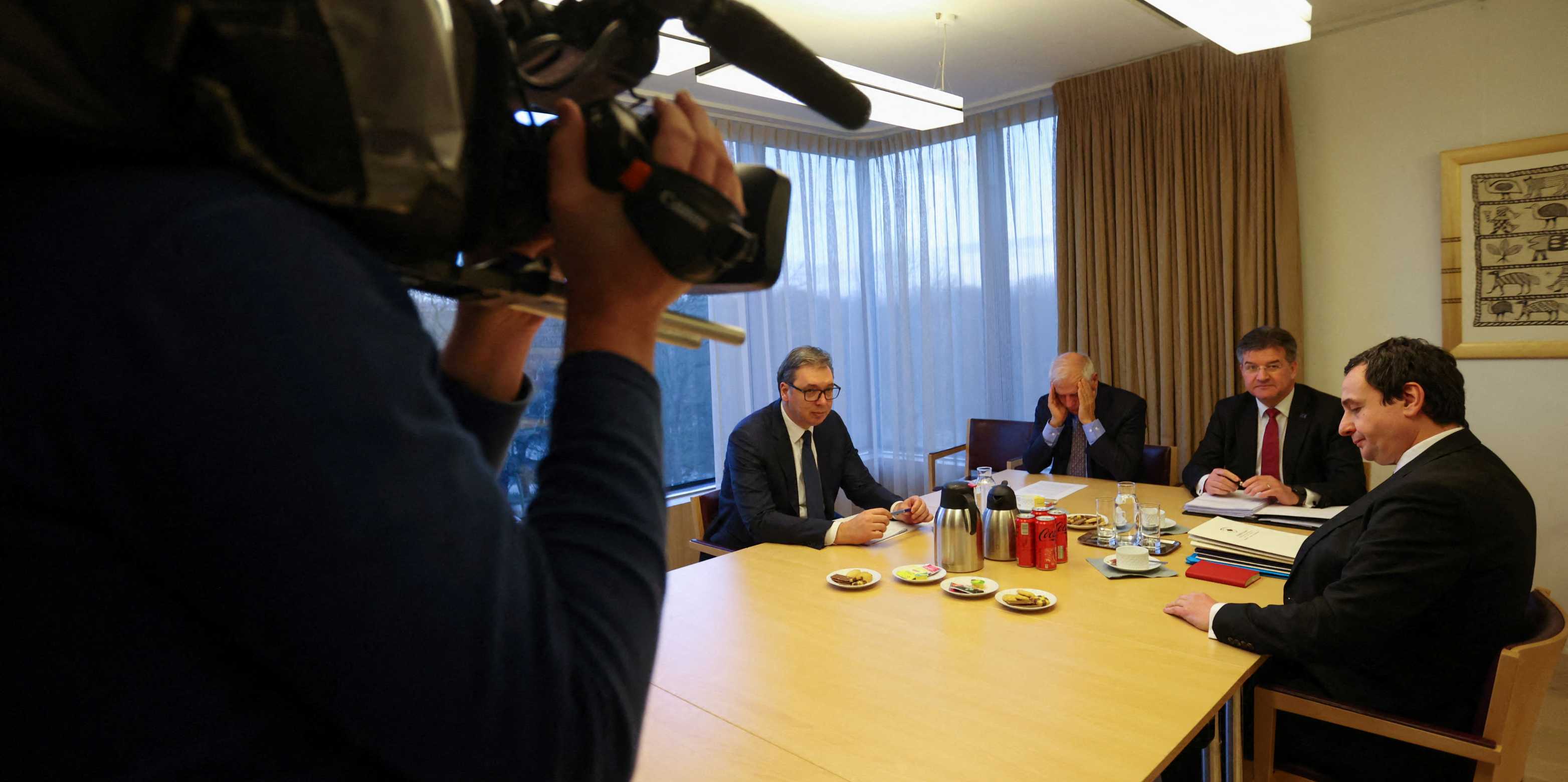Hotspot Balkans: Serbia and Kosovo
Despite various efforts at reconciliation, the road to a viable settlement between Serbia and Kosovo remains long. But without normalizing relations, neither Kosovo nor Serbia is likely to achieve its goals of integration into European governance structures, argue Andrej Marković and Jeronim Perović in the latest edition of the CSS Analyses in Security Policy series.

Serbia has never recognized Kosovo’s 2008 declaration of independence. EU Member States Spain, Greece, Slovakia, Cyprus, and Romania also refuse to recognize Kosovo, fearing that the widespread recognition of a breakaway region could set an unwanted precedent for minority secessionist movements. As a result, Kosovo continues to be denied the integration into the EU that it seeks. However, Brussels has also made it clear to Serbia that the normalization of relations with Kosovo is a condition for its EU membership.
In recent years, there have been some steps toward rapprochement between Serbia and Kosovo. Since 2011, both sides have been negotiating under the mediation of the EU, whose membership both Balkan countries aspire to. In 2013, Kosovo and Serbia concluded the “Brussels Agreement,” which was intended to regulate the integration of the Serb minority into Kosovo’s institutions. While this was followed by a series of accords, their implementation has proven to be a key challenge. As a result, relations between the two countries have been marked by periodic crises.
Download To the publication (PDF, 528 KB)